
Loading...


Loading...


Cities and communities generate data through a vast and growing network of connected technologies that power new and innovative services ranging from apps that can help drivers find parking spots to sensors that can improve water quality. Such services improve individual lives and make cities more efficient. While smart city technologies can raise privacy issues, sophisticated data privacy programs can mitigate these concerns while preserving the benefits of cities that are cleaner, faster, safer, more efficient, and more sustainable.
It's not just your phone that's gotten smarter. Here's a smart city example: city streetlights are so ubiquitous they usually go unnoticed—but there's more to them than meets the eye. Today's lights can be fitted with multiple sensors and beacons, upgrading existing infrastructure into a hub for capabilities ranging from environmental to public safety to transportation. Click on the features below to learn more about smart city technologies, how they're used and what they mean for privacy.
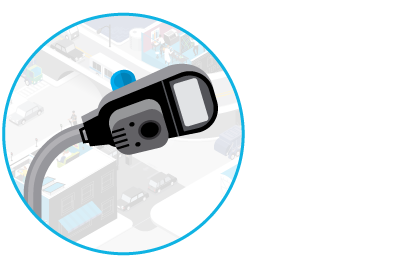




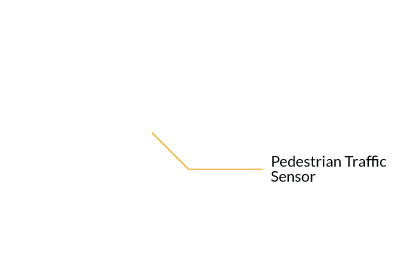
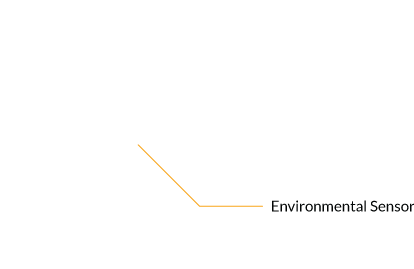

Use the tabs above to explore this map's layers.
Trash cans alert for pick-up when full
Public Private Partnership provides free Wifi for all
Police apps improve emergency response
Urban smart cards provide universal access to city services
Riders plan ahead with transportation apps
Water meters monitor usage and quality
Beacons support navigation for the blind
Smart Cars communicate with city and other cars
CCTV security cameras deter crime
Public broadband connects services seamlessly and efficiently
Power meters proactively manage usage
Drone cameras monitor traffic
Sensors direct cars to open parking spaces
Body cams improve police transparency and accountability
Trucks adjust routes in real-time based on need
Buses adjusts route based on demand
Sensors measure air quality, noise, and other conditions
Rail network transmits data on usage and breakdowns
Real-time data enables first response
Power grid self-regulates flow based on demand
Landfills monitor emission levels
Automated tolling tracks traffic patterns and congestion
Water networks minimize and remediate leakage
Water analytics improve water quality
Cloud servers hold and process data
Traffic controls react automatically to pedestrians
Sensors optimize lights based on real-time conditions
Cameras capture images of passing license plates
Sensors measure traffic to optimize urban planning
Sensors listen for gunshots and alert police.
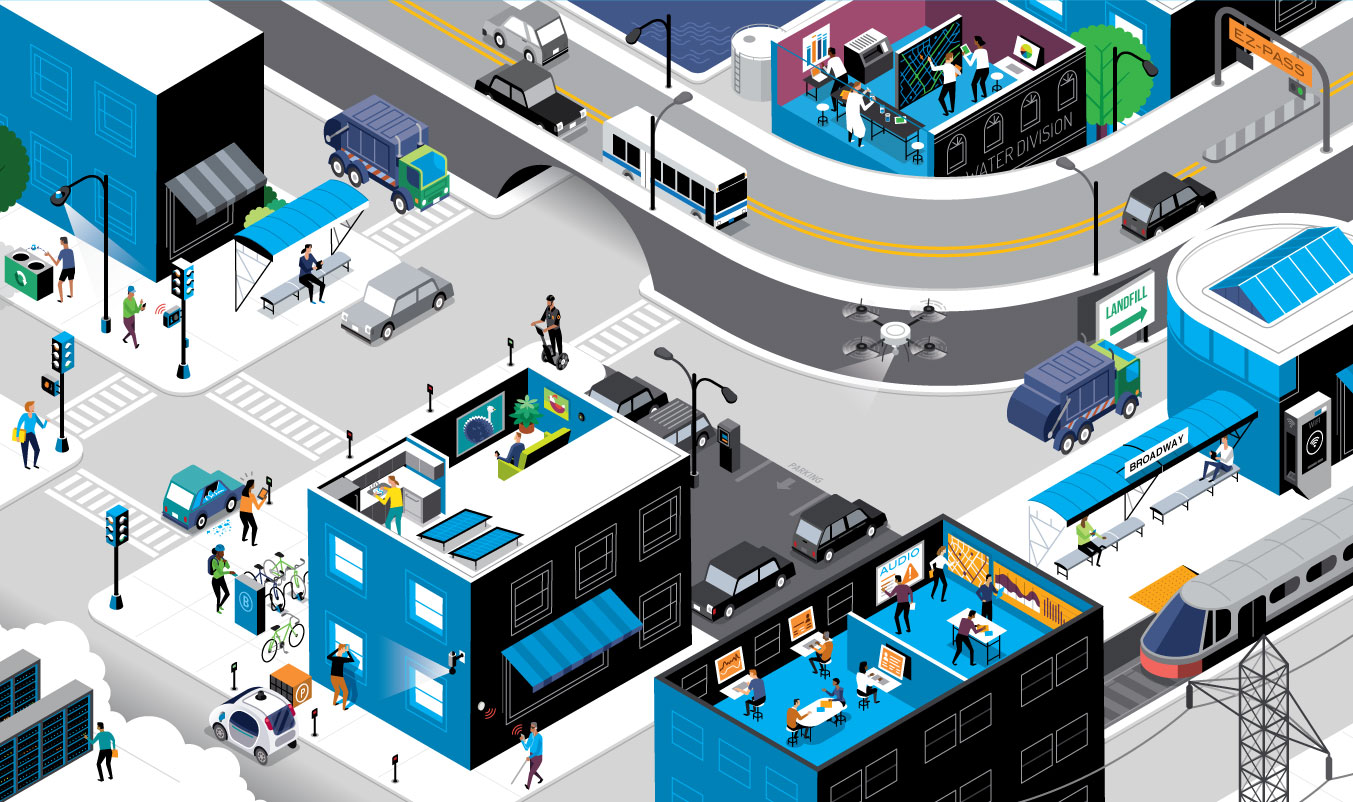
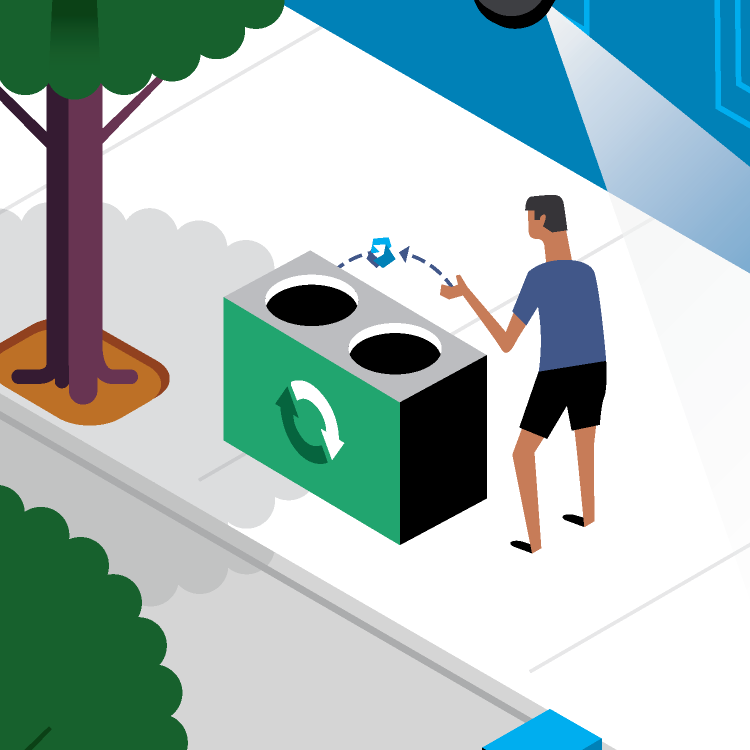
Trash cans alert for pick-up when full

Public Private Partnership provides free Wifi for all
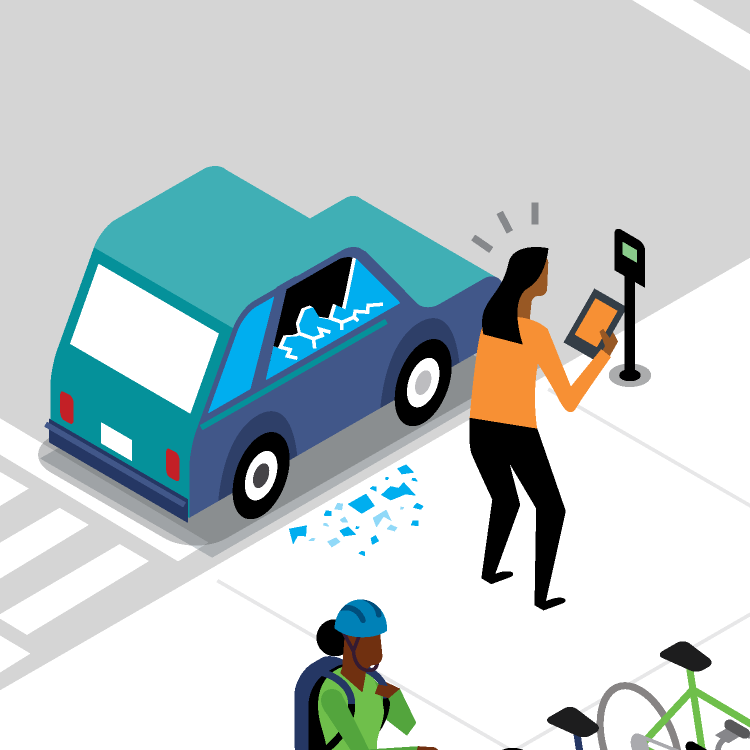
Police apps improve emergency response
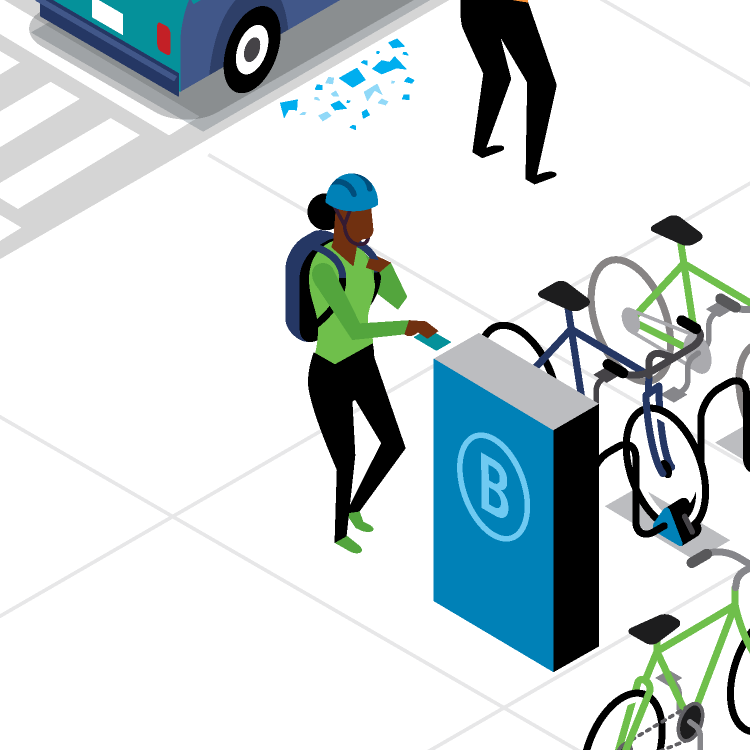
Urban cards provide universal access to city services

Riders plan ahead with transportation apps
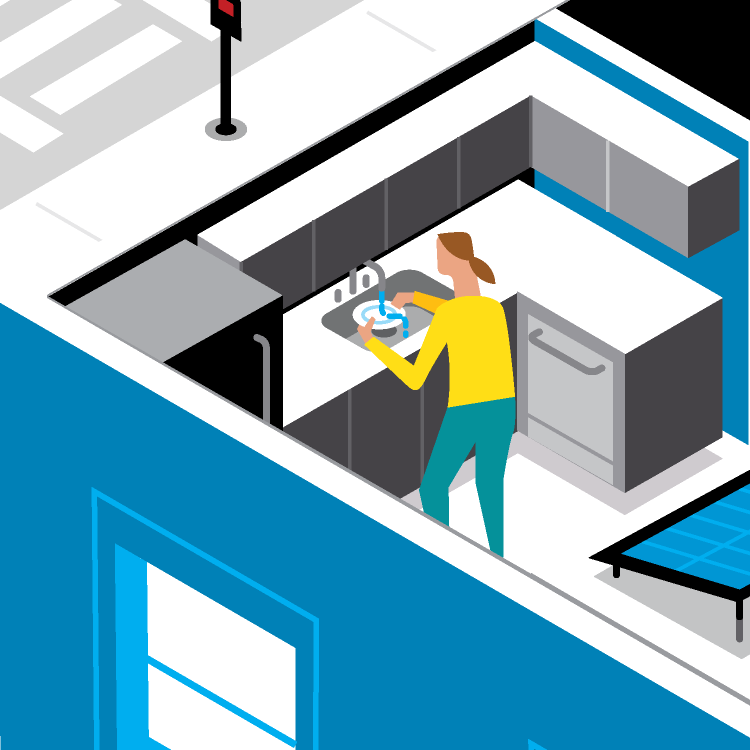
Water meters monitor usage and quality
Beacons support navigation for the blind
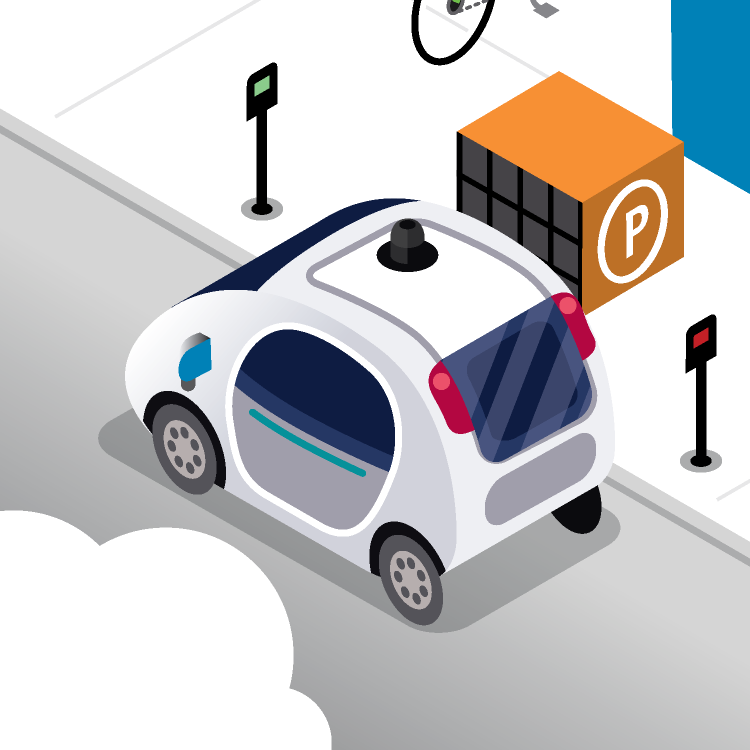
Smart Cars communicate with city and other cars

CCTV security cameras deter crime

Public broadband connects services seamlessly and efficiently

Power meters proactively manage usage
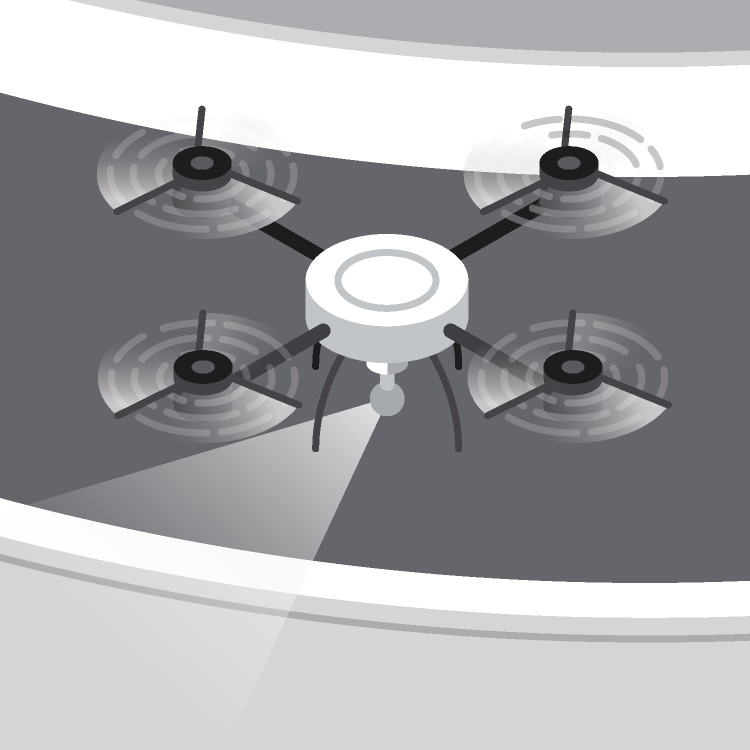
Drone cameras monitor traffic
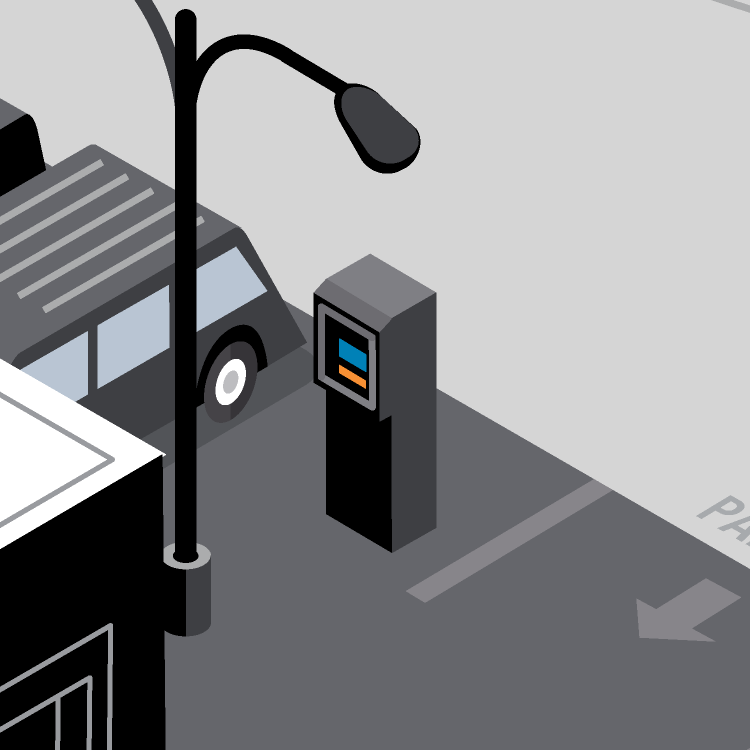
Sensors direct cars to open parking spaces
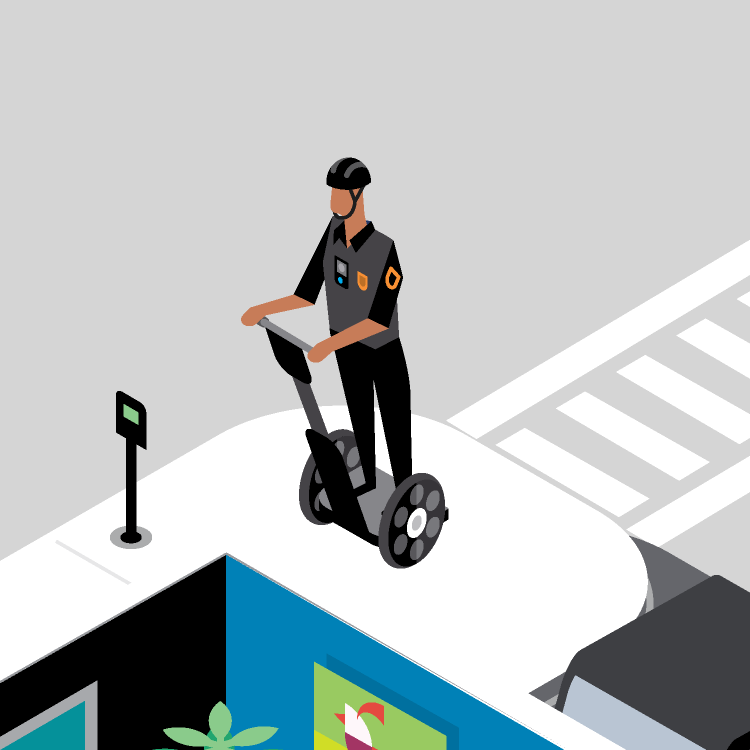
Body cams improve police transparency and accountability
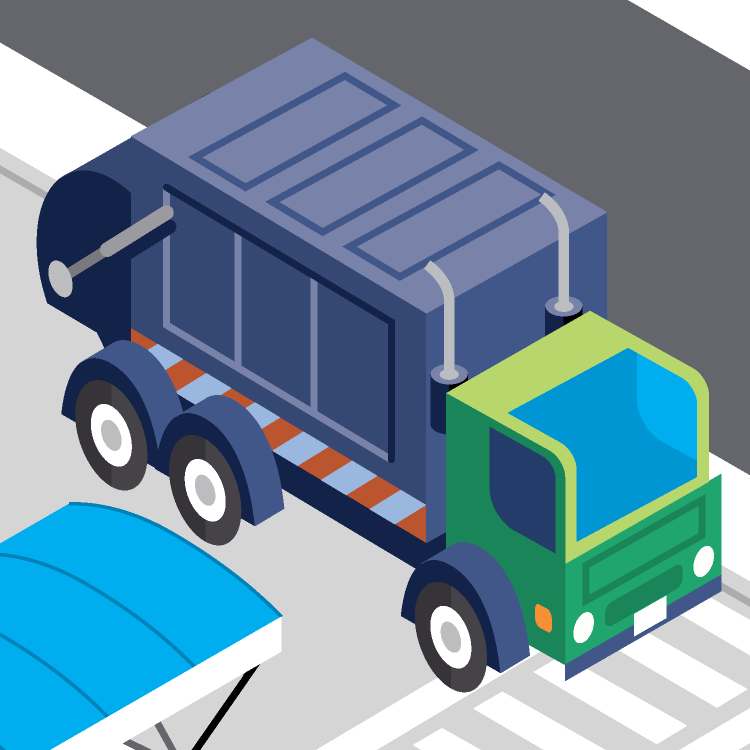
Trucks adjust routes in real-time based on need
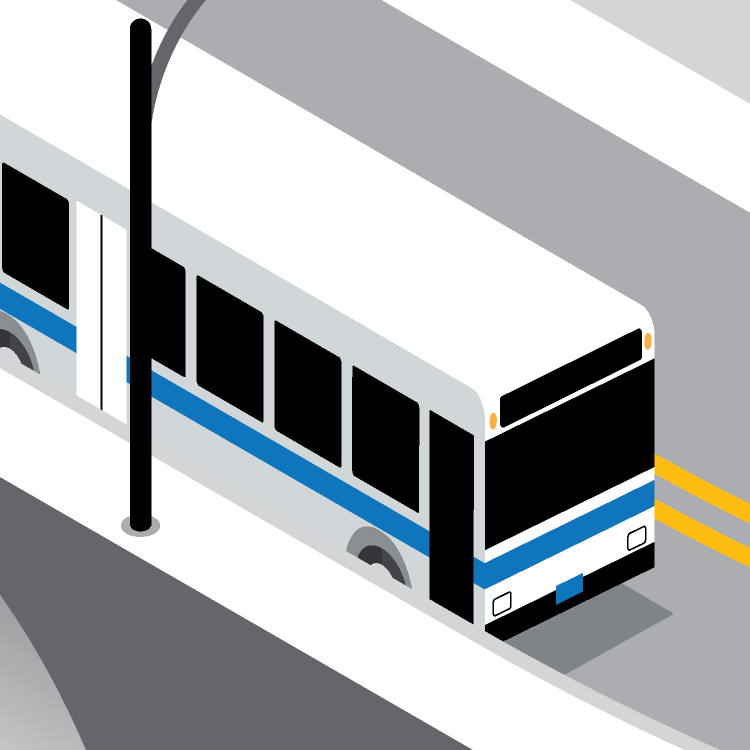
Buses adjusts route based on demand

Sensors measure air quality, noise, and other conditions
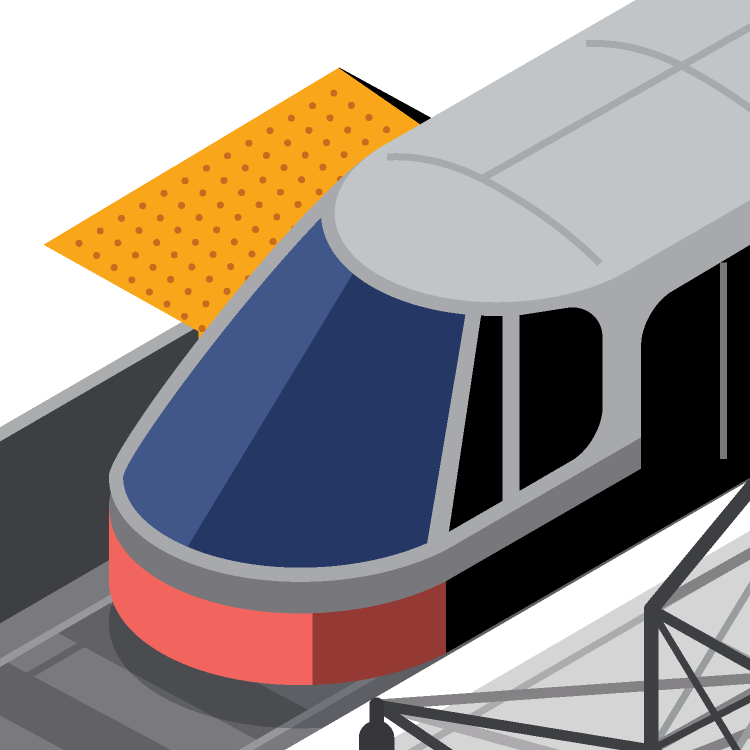
Rail network transmits data on usage and breakdowns
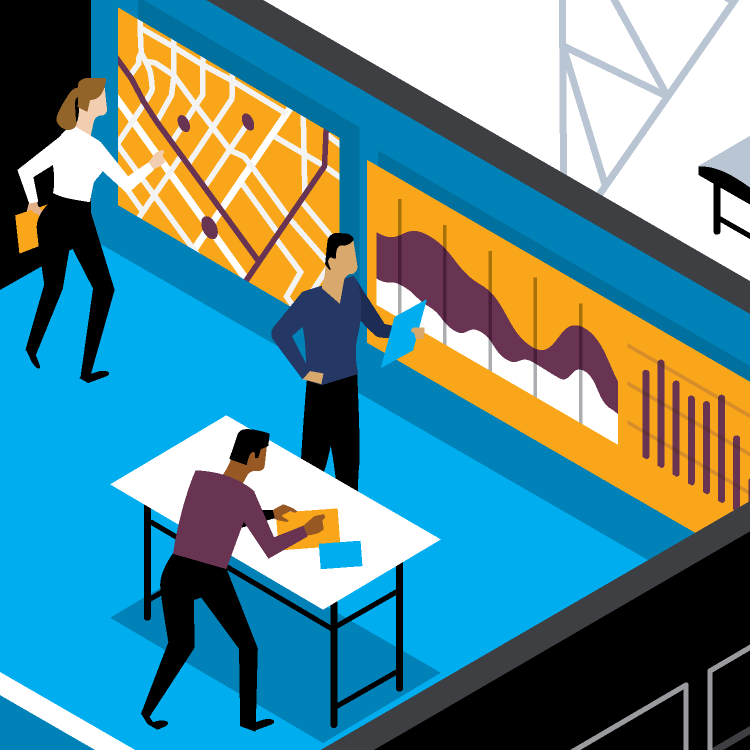
Real-time data enables first response
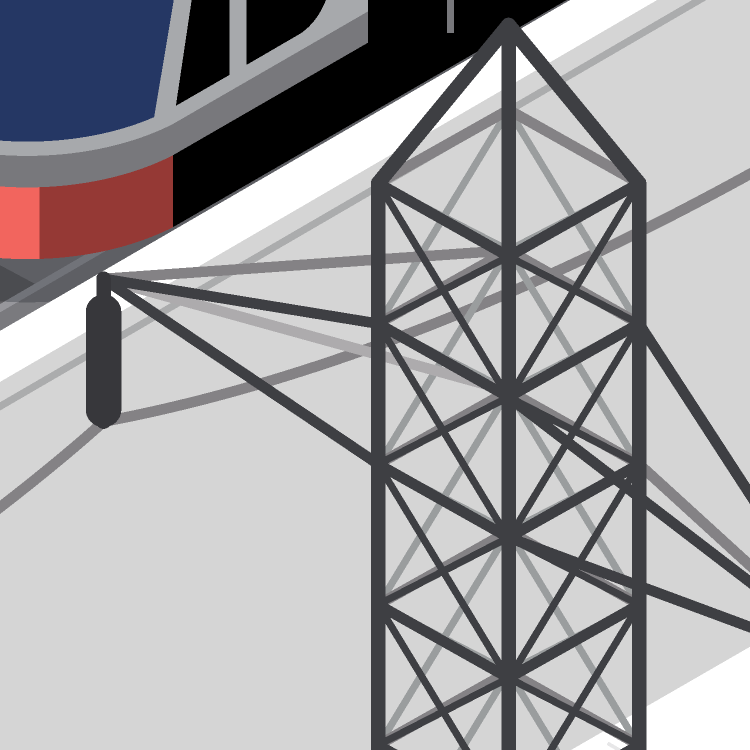
Power grid self-regulates flow based on demand
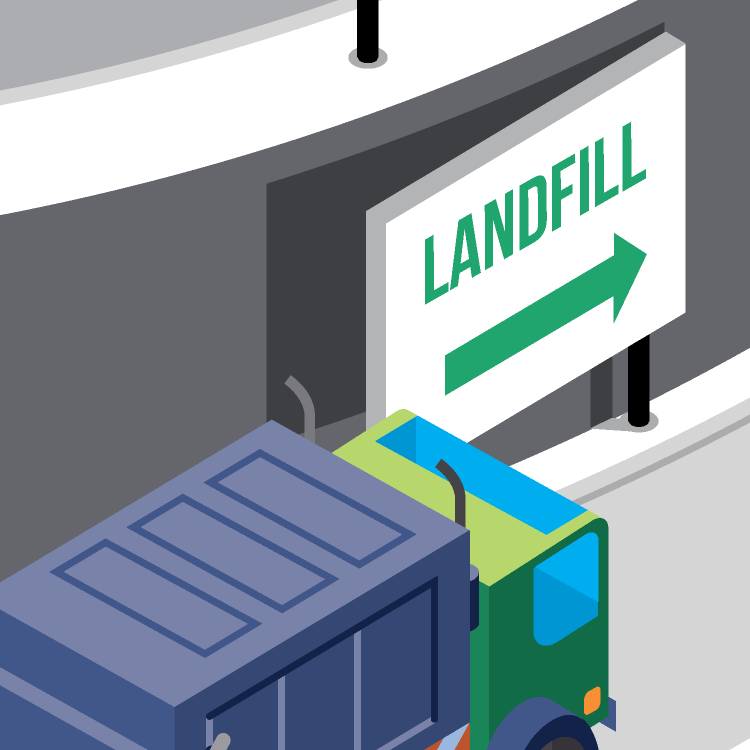
Landfills monitor emission levels
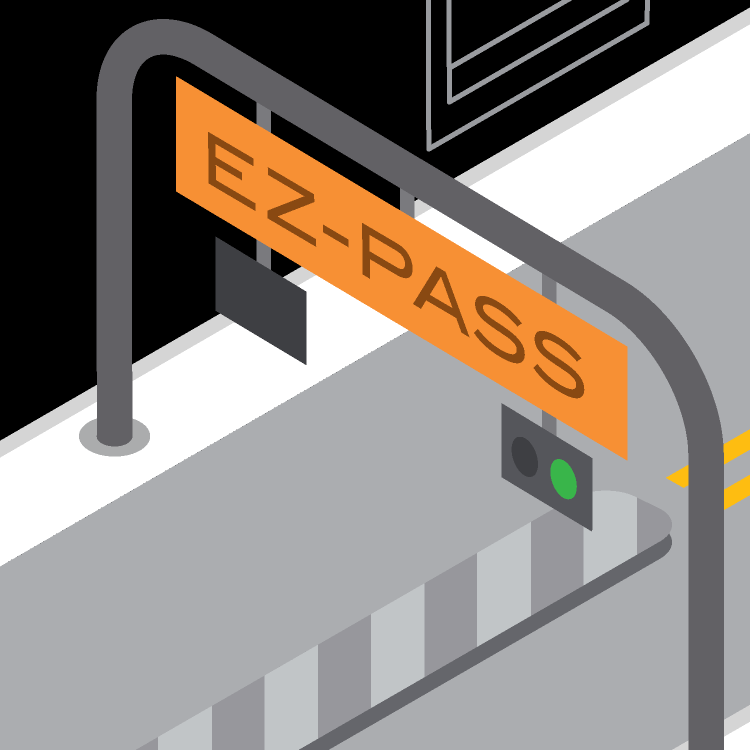
Automated tolling tracks traffic patterns and congestion
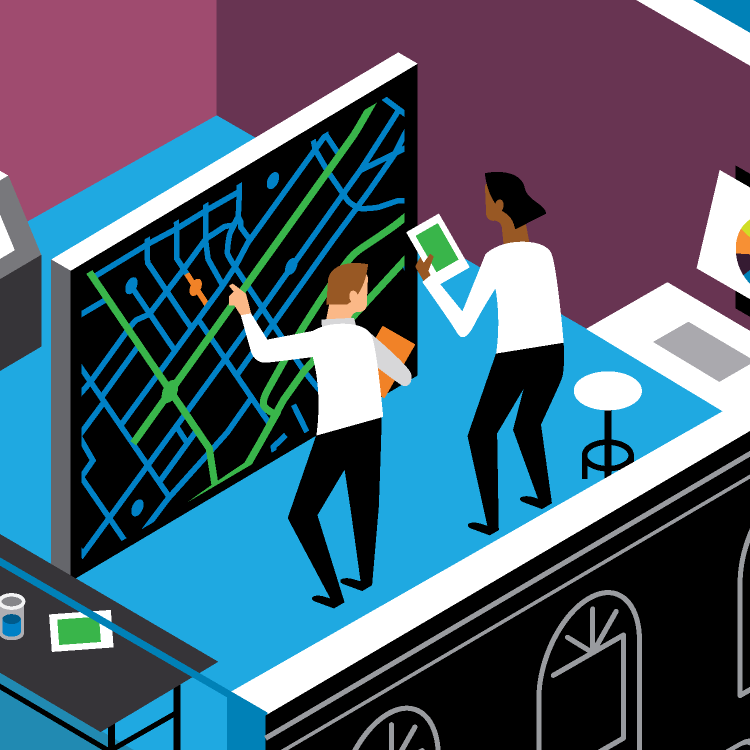
Water networks minimize and remediate leakage
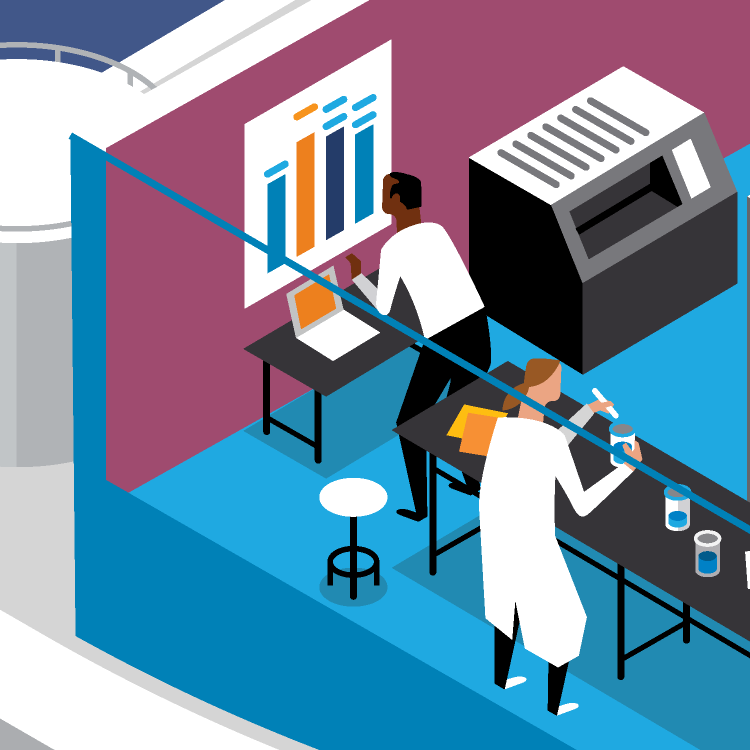
Water analytics improve water quality
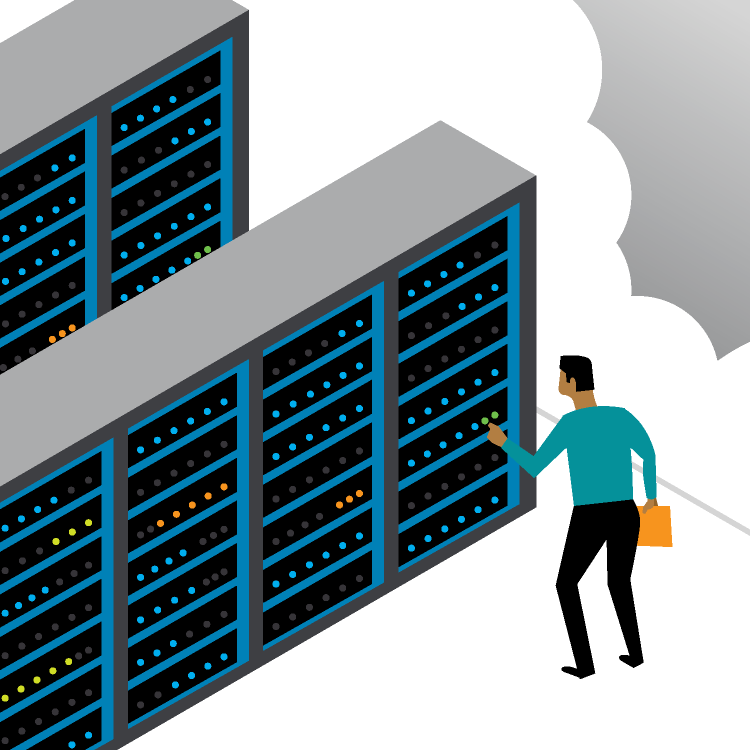
Cloud servers hold and process data
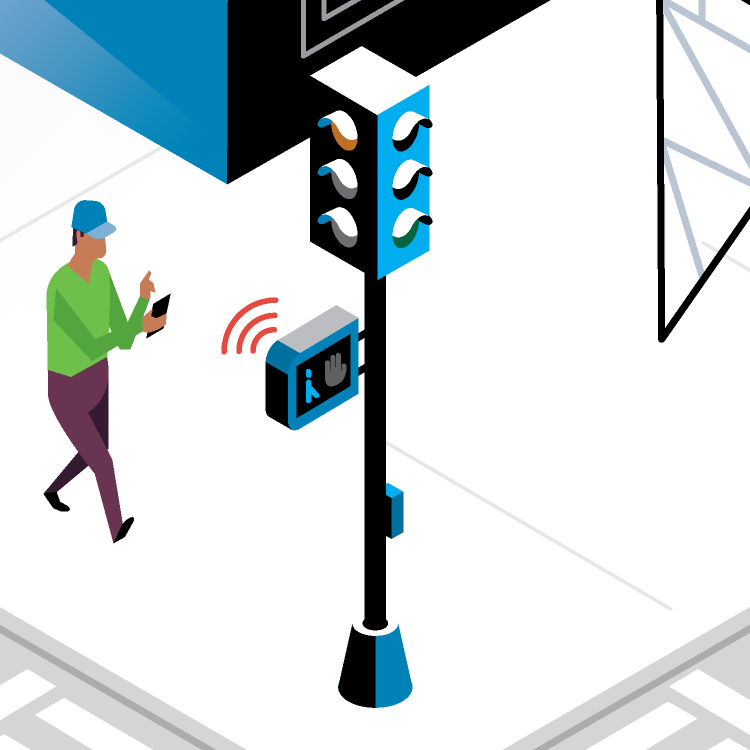
Traffic controls react automatically to pedestrians
Beacons trigger content or apps on nearby smartphones
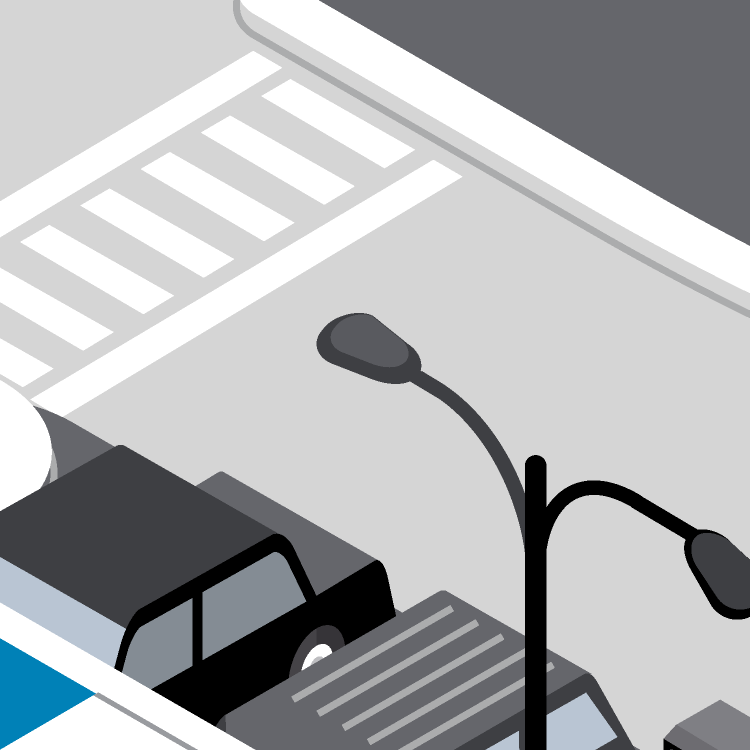
Sensors optimize lights based on real-time conditions
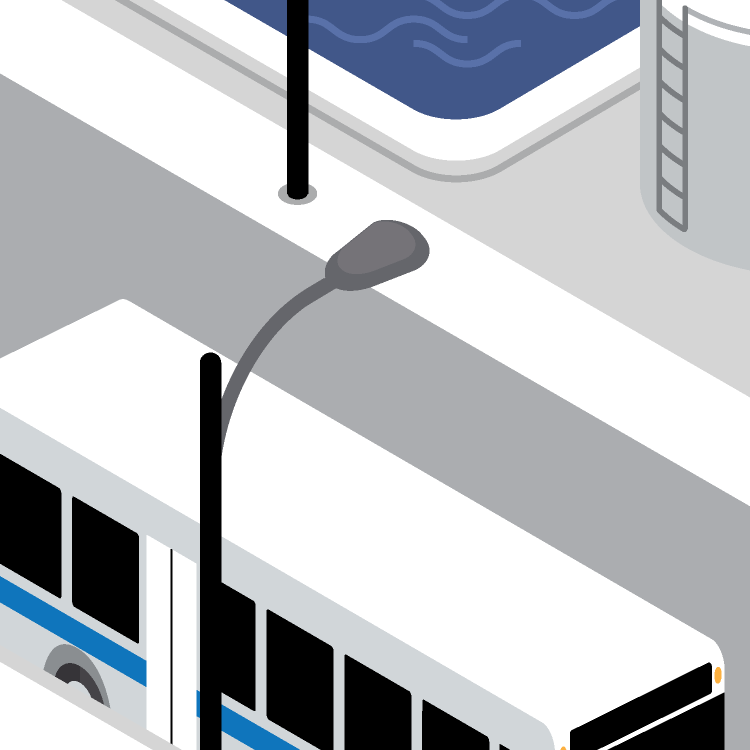
Cameras capture images of passing license plates
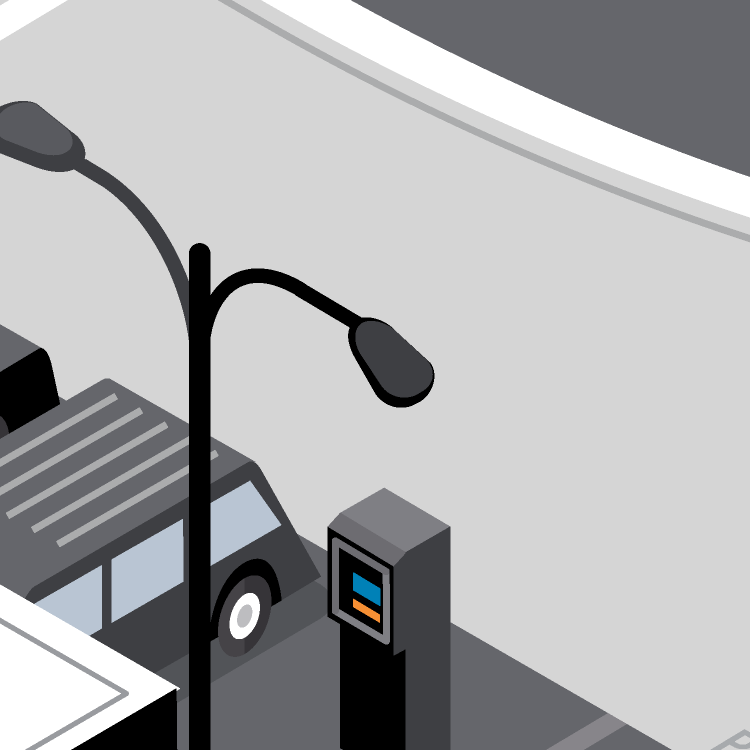
Sensors measure traffic to optimize urban planning
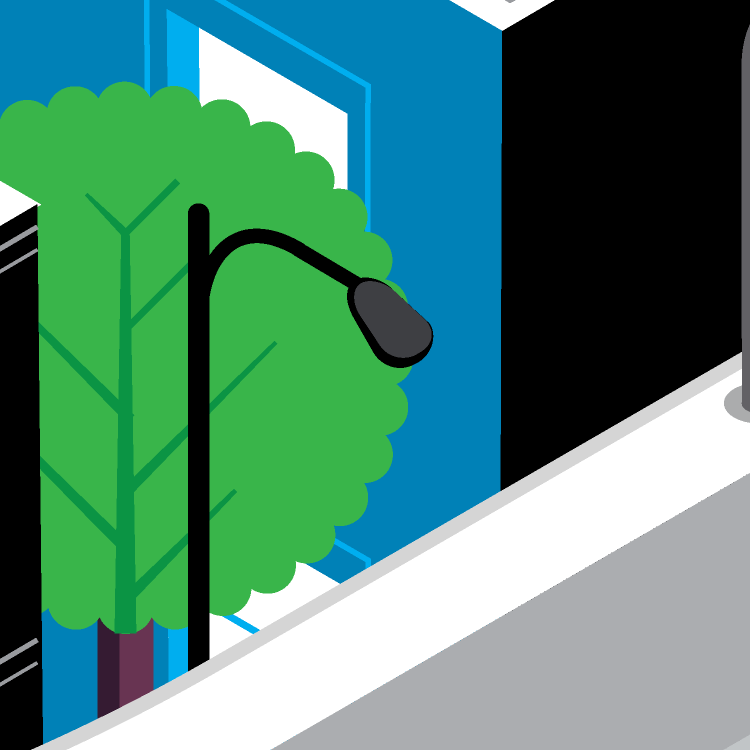
Sensors listen for gunshots and alert police.
Click the labels above to learn more
Surveillance
Critics are concerned that ubiquitous data collection by corporate and government entities creates detailed records of people’s lives and strengthens power imbalances
Data Spills
Personal information is leaked or exposed when an information system or database is compromised
Unexpected Uses
Data collected from an individual for one purpose is used for another unexpected purpose without additional notice or consent
Open Data vs. Privacy
Public records laws, freedom of information requests, and open data portals risk revealing personally identifiable information to the public
Discrimination
Critics are concerned that by relying on civic data, algorithms may reinforce existing societal bias, disguise prejudiced decision-making, and block opportunity for diverse populations
Data Quality
Biased, inaccurate, or incomplete data may lead to poor or inefficient decision-making, unethical or illegal uses of data, and discriminatory outcomes
Privacy Program Management
Establish institutions, practices and procedures to ensure that accountability is maintained and resources provided to oversee, govern, and audit organizational use of individuals’ data
Transparency & Consent
Engage communities and inform individuals about how and why their personal data will be collected and used, and offer choices to participate where possible
Local Storage
Process data on a device and report only analytics or aggregated results to the cloud, rather than transmitting raw personal data
Data Minimization
Limit the collection of personal information to that which is directly relevant and necessary to accomplish a specified purpose
Vendor Management
Diligently select and supervise vendors, regularly monitor and audit their security and privacy practices, and put in place contractual protections for personal information
De-Identification
Render personal information that is collected, used, archived, and shared with other organizations unidentifiable